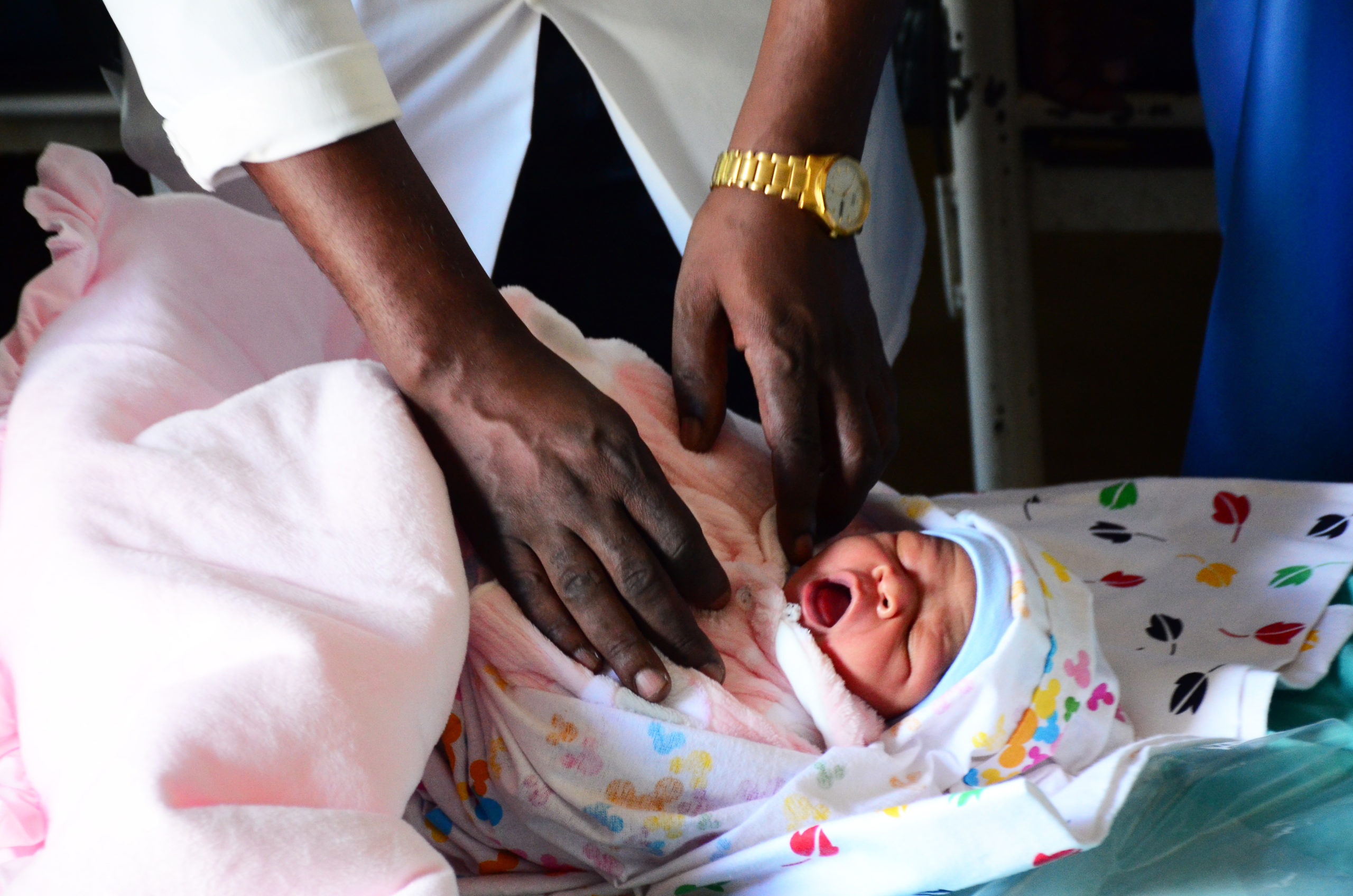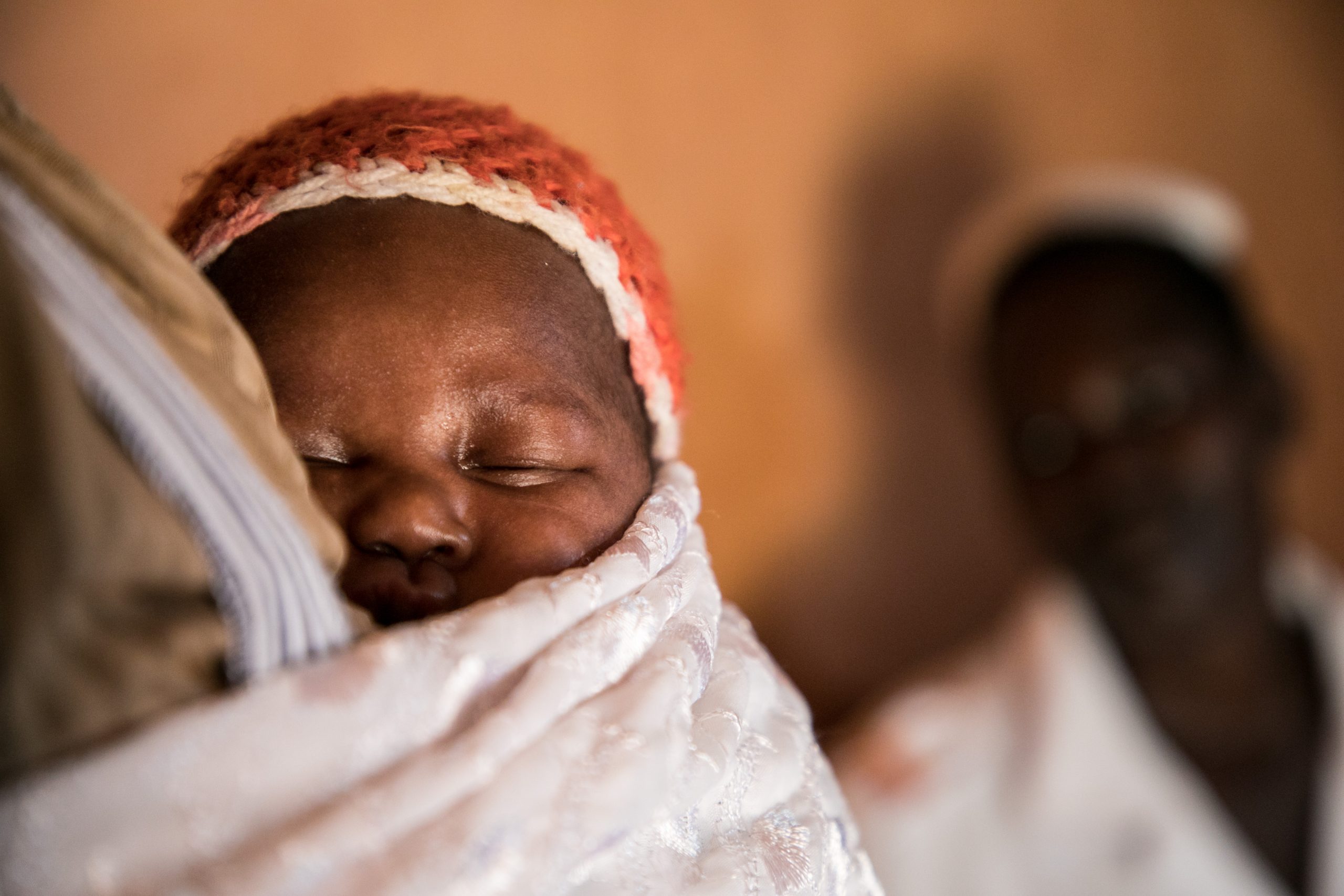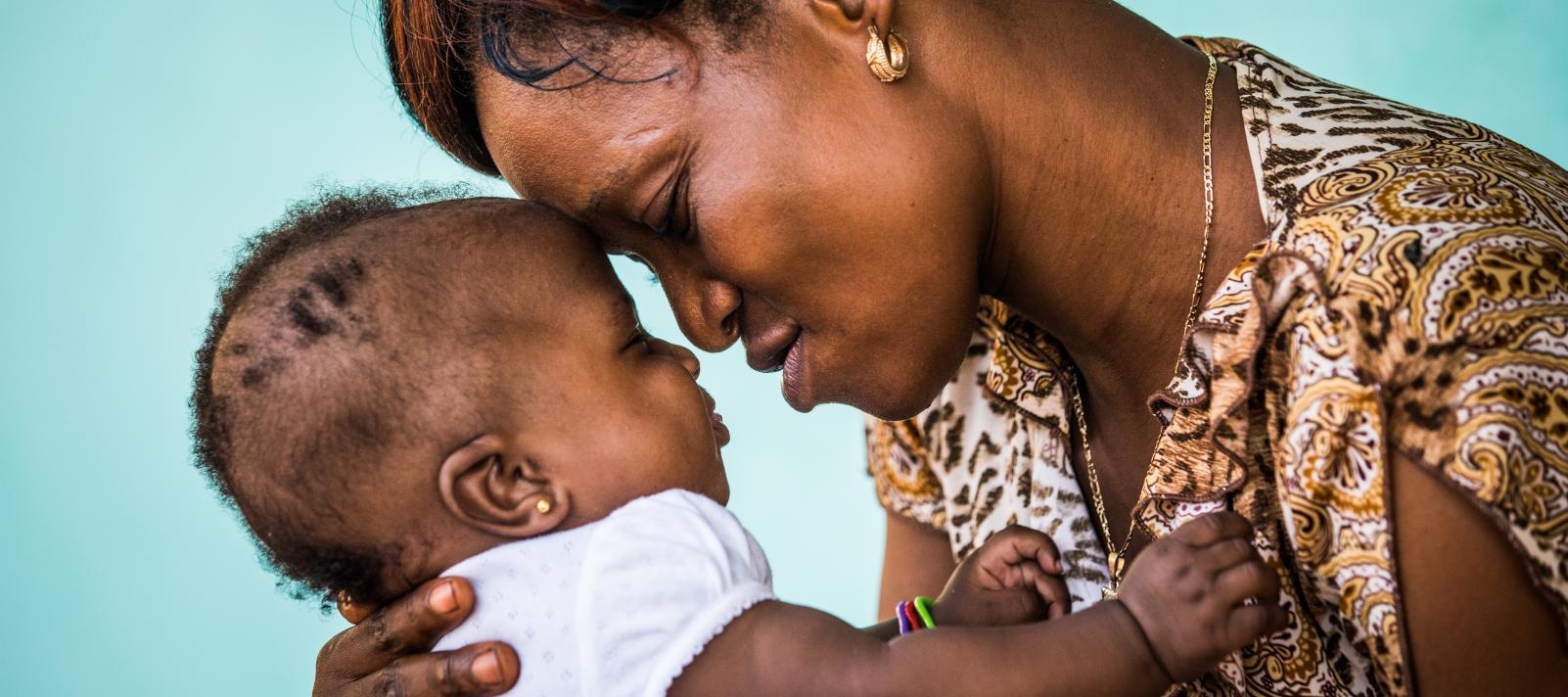Count every newborn: Improving facility-based health coverage and quality measurement
Every Newborn Birth Indicators Research Tracking in Hospitals (EN-BIRTH) study

A shocking 2.4 million newborns were estimated to have died during their first 28 days in 2019. Additionally, each year at least 2 million babies were stillborn, many during labour and many to the 300,000 mothers who die from maternal causes each year. Millions more were born too soon, putting them at risk of long-term disabilities.
In 2014, UN member states endorsed the Every Newborn Action Plan (ENAP), committing to end preventable newborn deaths and stillbirths. Furthermore, the first-ever global target for neonatal mortality reduction was included in Sustainable Development Goal (SDG) 3. To attain universal health coverage and meet SDG3 by 2030, countries need to scale up evidence-based interventions, including for newborn health. Timely and high-quality data on outcomes and coverage are therefore crucial, especially through national health information systems. During pandemics, stillbirths and neonatal deaths may be increased, further underlining the need for reliable national health data.
The Every Newborn Birth Indicators Research Tracking in Hospitals (EN-BIRTH) study is directly linked to the ENAP Measurement Improvement Roadmap and ultimately SDG3. EN-BIRTH is the first multi-site, facility-based study validating measures in routine data for maternal/newborn care and in women’s survey-reports for newborn complications. The study provides important findings to advance measurement in order to drive change and improve the health and lives of millions of mothers and newborns.
Linked below are 14 papers from the study published in the BMC Pregnancy and Childbirth Supplement as well as an article published in The Lancet Global Health journal.
Access The Lancet journal article


